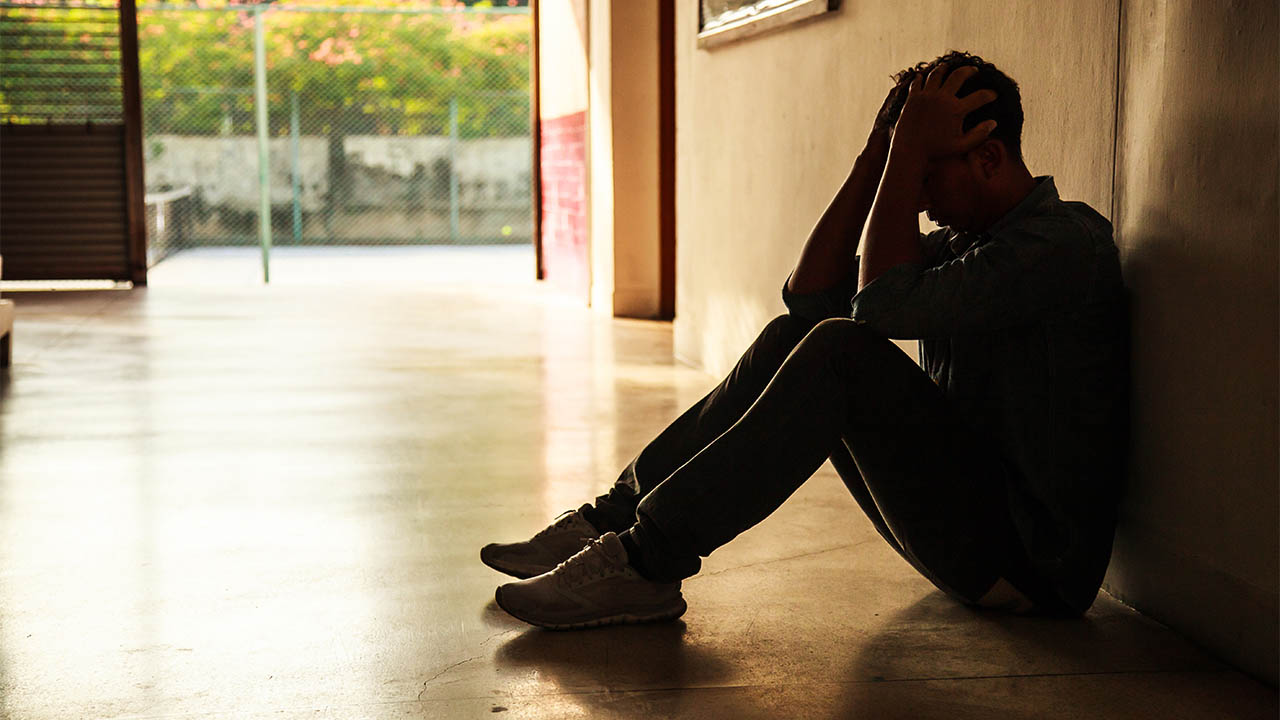MENtal health: Cry about it
 CREDIT: VICHAI PHUBUBPHAPAN
CREDIT: VICHAI PHUBUBPHAPANMen who face multi-layer obstacles with intersectional racial, social, and cultural aspects intertwined with masculinity meet more factors against accessing help for mental health.
Masculinity on its own is not a barrier to men’s mental health. However, orthodox masculinity limits the parameters culturally defined in what a man can be and has often been portrayed as men not showing weakness, suffering, or pain. To have men only be seen as powerful perpetuates a specific notion that men can only be considered valid if they are to demonstrate these orthodox kinds of characteristics.
Christian Ylagan is an instructor in the department of Gender, Sexuality, and Women’s Studies at Western University and highlighted the critical issues with hegemonic masculinity.
“These orthodox notions of masculinity prevent the ways that men are allowed to engage with their emotions, with their feelings, with their experiences, with pain or weaknesses and these kinds of things,” said Ylagan. “Men who internalize this kind of masculinity see depression and anxiety and these kinds of issues as somehow emasculating, and orthodox notions of masculinity prevent men from acknowledging the fact that these feelings, experiences, and emotions are part of a healthy human condition.”
Ylagan noted that many men who internalize and try to align themselves with the narrow orthodox notion of masculinity create additional barriers for Queer and Black, Indigenous and People of Colour (BIPOC) men in feeling invalidated to ask for help.
“There is a very narrow notion of what is considered hegemonic masculinity, in the prime form of masculinity, and we already know that that’s the kind of masculinity that is white, cisgender, heterosexual, middle/upper class,” explained Ylagan. “That kind of form of masculinity that has colonial roots is predominant or a hegemonic form of masculinity, where certain notions of orthodox masculinity are derived from. Given this hegemonic or orthodox masculinity in media and culture, a lot of people, including Queer and BIPOC men, internalize these notions and then find it difficult to broaden their conception of masculinity.”
Men who face multi-layer obstacles with intersectional racial, social, and cultural aspects intertwined with masculinity meet more factors against accessing help for mental health.
When it comes to taking steps toward the erasure of stigmatizing men’s mental health, the problem of orthodox masculinity is not just a male problem. Collectively, everyone in a societal stance has implicated some of the stigma or conditions of orthodox masculinity.
“We have to examine our own prejudices about mental health among men,” said Ylagan. “Do we also perpetuate some of these notions that men are invincible, that men don’t feel emotion, that men don’t feel depressed? When was the last time we asked our friends how they’re doing, or where are they at mentally during this difficult time?”
Ylagan further identified one way to help in the erasure of the stigma is to allow men to acknowledge the fact they are not doing well, especially in the face of the ongoing pandemic.
“A lot of the things that perhaps define masculinity in an orthodox way, like having employment and having money, those things are crumbling during the pandemic time. People might have lost their job or broken up with somebody, so awareness is one way we can erase the stigma and offering men a space without judgment to experience these particular emotions or experiences.”
As a culture with propagated notions of masculinity and attributing masculinity to power or success while living in today’s pandemic world, these things are less accessible. People have lost their feeling of stability or success, perpetuating how men engage with their mental health.
“It’s a multi-layer problem in that sense, we’re not just looking at mental health in a vacuum, but there’s a societal aspect as well,” said Ylagan. “Of which we are all part of. Everyone has implicated in some way in propagating certain ideas or notions or concepts about masculinity, and that feeds into the way that men engage with their own mental health issues. It’s not just a problem for or among men; it’s a problem for everyone that feels with men.”
A cultural shift in normalizing men to connect with their mental health while creating spaces to do so are essential steps in helping end the stigma for men to feel valid beyond orthodox masculinity notions.

















